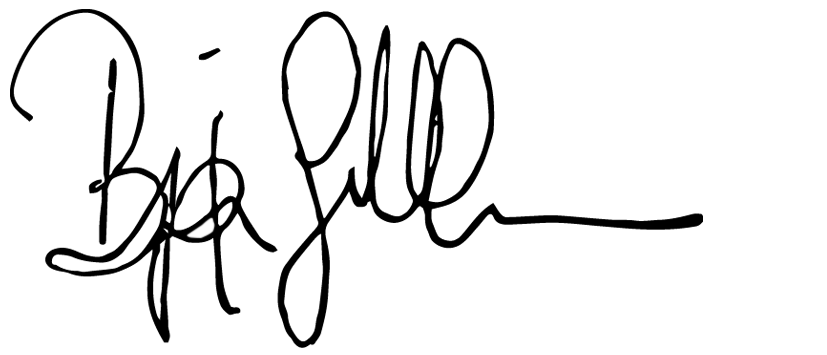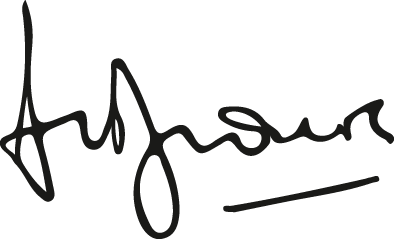Following the historic economic downturn resulting from the global COVID-19 pandemic in 2020, experts at the Kiel Institute for the World Economy (ifw Kiel) expect global gross domestic product (GDP) to rise robustly by 6.1% in 2021 (winter forecast dated December 16, 2020). The strong recovery of the global economy is based on the assumption that the population will become increasingly vaccinated in 2021 and that the risks of infection will be sustainably reduced, leading to a progressive normalization of economic conditions. Provided that vaccination programs are implemented quickly and comprehensively, this should help to reduce economic uncertainty and increasing household consumption spending, supported by low interest rates and income-supporting fiscal policies. However, the greatest risks to economic development stems from uncertainty about the future course of the COVID-19 pandemic, should vaccination of the population turn out to be more difficult or take longer than expected. At the same time, the normalization process could also take place more quickly if conditions are favorable, leading to greater economic momentum.
Provided that the continued course of the COVID-19 pandemic does not result in a renewed significant negative impact on the macroeconomic conditions, we expect the sporting goods industry to grow in 2021. We expect demand for sporting goods to increase in 2021 as the trend toward increased sports activities and healthier lifestyles continues and becomes even more significant as a result of the COVID-19 pandemic. This applies equally to the increasing popularity of athletic footwear and leisure/athletic apparel as an integral part of everyday fashion (“athleisure”). We also expect that major sporting events postponed to 2021 - the Tokyo Summer Olympics and the European Football Championship - will also help to support growth in the sporting goods industry.
Our sales and profitability rebounded strongly in the third quarter of 2020 after a very weak second quarter, which was severely impacted by the COVID-19 pandemic. Given this strong rebound, we anticipated that 2021 would become what 2020 was initially supposed to be: a year characterized by double-digit sales growth compared to the 2019 baseline and a strong improvement in our operating result (EBIT) driven by a slight improvement in our gross profit margin and operational leverage (2019 EBIT: €440.2 million).
However, as we enter the year 2021 more than 50% of the retail stores that are selling our products in Europe are currently closed due to various lockdown measures. As the number of COVID-19 cases continues to rise around the world, more and more markets are closing down retail stores in compliance with local restrictions and several governments have already extended their lockdowns into February or even March. By consequence, a part of our business in 2021 will be once again negatively impacted by the COVID-19 pandemic despite a strong orderbook and high demand from our retail partners and customers. We will continue to mitigate the consequences of the COVID-19 pandemic wherever possible but foresee a negative impact on our business especially in the first half of 2021.
We currently believe that the first quarter and also the beginning of the second quarter will be heavily impacted but that we will see a recovery until the end of the second quarter and strong improvements throughout the third and fourth quarter. Given that vaccination campaigns are already under way in almost all parts of the world, we remain confident especially for the second half of 2021. For the full year 2021 we consequently expect at least a moderate increase in sales in constant currency (2020: €5,234.4 million) and that both our operating result (EBIT 2020: €209.2 million) and net earnings (2020: €78.9 million) will show a significant improvement compared to 2020. The development of our gross profit margin and our OPEX-ratio for 2021 will depend on the degree and duration of the negative impact of the COVID-19 pandemic on our sales.
Our quick recovery in the third quarter and the beginning of the fourth quarter of 2020 and our strong orderbook for the year 2021 combined with very good feedback from retailers and customers around the world make us confident for the mid-term success and growth of PUMA.
Investments in fixed assets of around €200 million are planned for 2021. The majority of these investments will be in infrastructure in order to create the operating conditions required for the planned long-term growth. The investments mainly concern own distribution and logistics centers and further investments in the expansion and modernization of the Group’s own retail stores.
The Management Board and the Supervisory Board have set long-term strategic priorities. Action plans are being implemented in a targeted and value-oriented manner. We believe that the corporate strategy “Forever Faster” provides the basis for medium- and long-term positive development.
Herzogenaurach, February 2, 2021
The Management Board

Gulden

Lämmermann

Descours